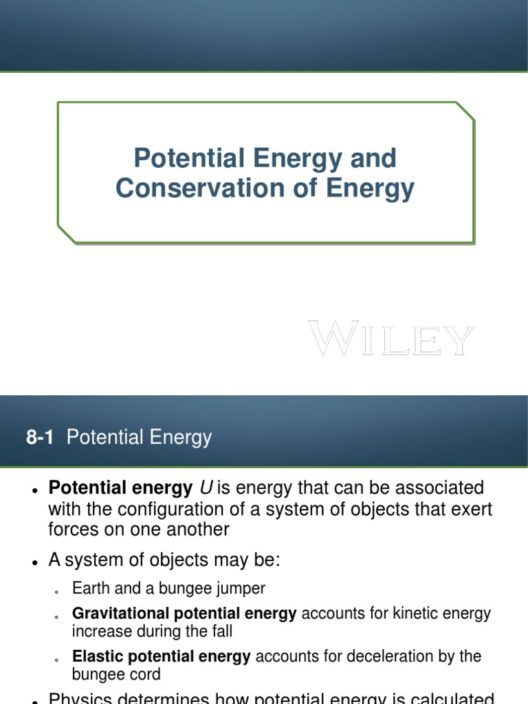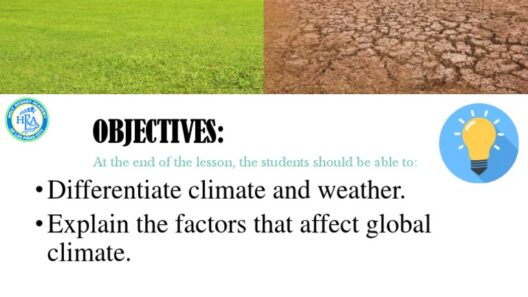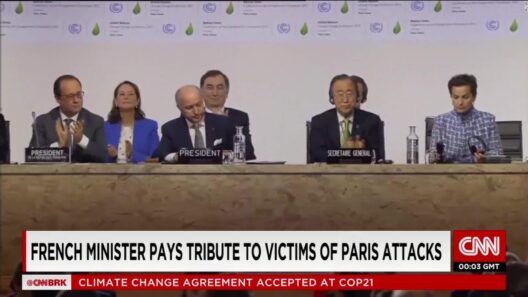When contemplating the intertwining of spirituality and environmental stewardship, one might pause and pose a playful question: Is climate change the contemporary manifestation of biblical prophecy? It’s an intriguing thought that invites deeper reflection on the teachings of the Bible and encourages an examination of humanity’s relationship with the natural world. Could there be lessons hidden within ancient texts that speak to today’s pressing environmental crises?
Many biblical passages direct attention to the majesty of creation, highlighting the inherent value of the Earth and its ecosystems. From the first chapter of Genesis, we read of the creation story—a narrative in which God designs the heavens, the earth, and all living creatures, proclaiming it “very good.” In this context, what responsibility do humans have, as stewards of God’s creation, to safeguard and nurture the environment that has been bestowed upon us?
In the book of Genesis, humanity is charged with the duty to “tend and keep” the Garden of Eden. This notion of stewardship necessitates not only appreciation for the beauty of nature but also active participation in its preservation. Yet, the challenge confronts us: Are we upholding this sacred trust? The concept of stewardship transcends mere management; it encompasses a holistic approach that connects ethical treatment of the Earth to spiritual commitment. Environmental degradation can be viewed as a breach of this moral imperative.
Moving beyond Genesis, the biblical narrative warns against the perils of exploitation and greed. Take the prophetic books, for example. Prophets like Isaiah and Jeremiah depict not only spiritual decay but also ecological imbalance as a symptom of societal sins. These messages resonate with what we now discern as climate change—a stark warning of the consequences tied to humanity’s disconnect from nature. The parables of Jesus, too, emphasize stewardship and the importance of sowing seeds judiciously, urging believers to cultivate a mindset of symbiosis rather than exploitation.
The book of Psalms provides a poetic lens through which we can appreciate creation: “The earth is the Lord’s, and everything in it.” This declaration underscores the divine ownership of the natural world, challenging individuals to recognize their role as caretakers. It beckons a reflection on our consumption habits and our tendency to consume resources without pondering long-term ramifications. Herein lies the challenge—how can one embrace simplicity while fostering gratitude for the Earth’s abundance?
Moreover, scriptural references to land, particularly in the context of the Israelites’ relationship with the Promised Land, showcase profound reflections about living harmoniously within one’s environment. The call for jubilee—a cycle where land was to be rested and the oppressed were freed—illustrates a divine ordinance for environmental recovery and social equity. The continuity of nature’s cycles and the inherent need for restoration can provide foundational principles for modern sustainability practices.
Furthermore, the New Testament deepens this exploration, especially in the teachings of Jesus. He articulates the significance of love: love for our neighbors, ourselves, and by extension, our shared environment. The call to love our neighbors must extend to the generations that will inherit this planet. Recognizing climate change as an issue that disproportionately affects the marginalized invites a spiritual and ethical responsibility that transcends individualism. The challenge remains: how do we embody this love through proactive measures that acknowledge climate justice?
There’s a theological discourse surrounding the concept of “Creation Care.” This movement emphasizes a biblical mandate to protect God’s creation. Environmental activists often highlight the significance of transforming communities into champions of sustainability. However, this endeavor may require overcoming apathy and mobilizing faith-based communities toward activism. It prompts a vital question: How can religious institutions adapt their teachings to advocate for environmental justice, inspiring impactful action against climate change?
Ecological themes run throughout the Bible, often representing both literal and symbolic realities. The image of trees, for instance, frequently serves as a metaphor for life, wisdom, and stability. “The righteous will flourish like a palm tree,” proclaims the psalmist—a compelling reminder of the deep interconnectedness between human well-being and the health of nature. In today’s world fraught with deforestation and habitat destruction, it challenges faith communities to reassess their practices and allegiance to the principles embodied in this imagery.
In conclusion, the Bible encapsulates rich narratives that inspire faithful action toward environmental stewardship. As society grapples with the existential threat of climate change, scriptures offer profound insights that navigate our spiritual relationship with the Earth. Engaging with these texts ignites a call to action that invokes both hope and responsibility. The challenge confronting us is not merely one of awareness but of genuine transformation. Will it result in a deeper commitment to stewarding creation, or will indifference prevail? This pivotal moment calls for reflection, response, and a courageous stride toward the regeneration of the Earth.







